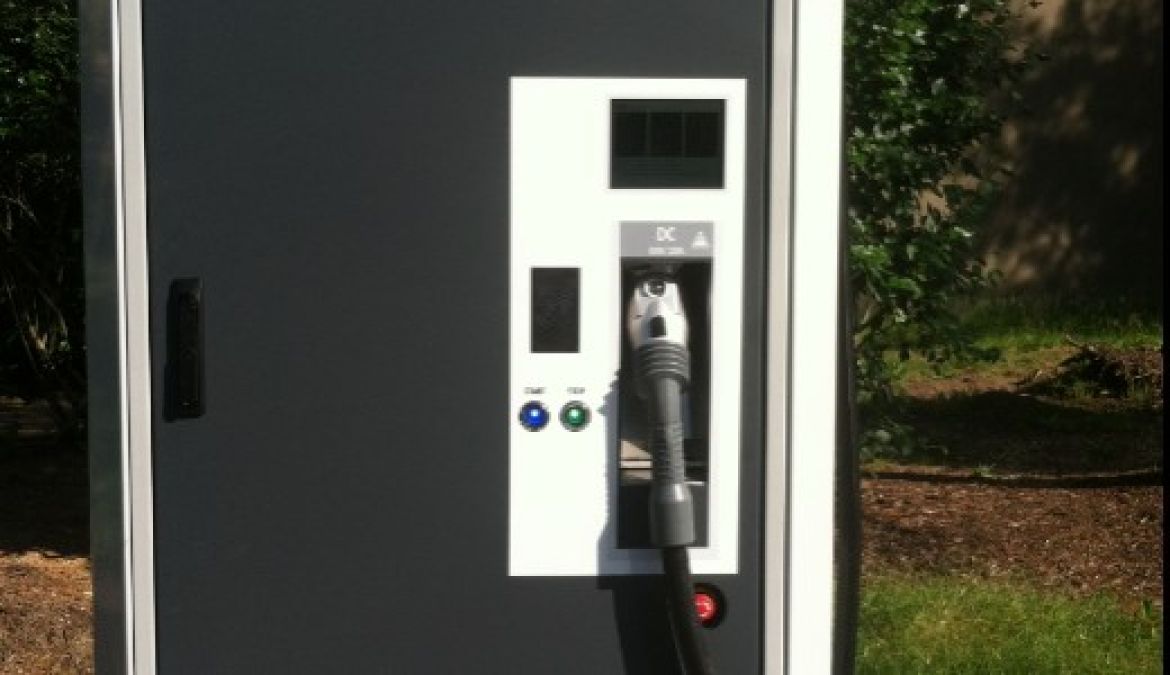The focus of the bill is largely aimed at controlling greenhouse gas emissions. Much has been written about the bill which I will not attempt to rehash here, however, I want to review some key language of the bill and highlight how important this bill really is for the future of electric vehicles and why I believe this will help cement EVs in the automotive marketplace.
The Bill starts off by stating that California is “over-dependent” on petroleum-based fuels in the transportation sector. The bill reads:
“(a) The Legislature finds and declares that overdependence on the production, marketing, and consumption of petroleum-based fuels as an energy resource in the transportation sector is a threat to the energy security of the state due to continuing market and supply uncertainties.”
They also state that the overuse of petroleum-based fuels:
“Contributes substantially to the following public health and environmental problems: air pollution, acid rain, global warming, and the degradation of California’s marine environment and fisheries.”
So SB350 is declaring there are really only two potential paths to go down to provide “clean” transportation in the future, right? Definitely EVs and debatably hydrogen fueled vehicles, are two potential options. You would think the state is leaning toward EVs in this case over hydrogen vehicles, but that remains to be seen. Are there any additional reasons besides the ones above for wanting to see the state move away from petroleum-based fuels?
Yes, California wants to evaluate not only the environmental costs of petroleum use but they also want to explore the economic costs.
“Therefore, it is the policy of this state to fully evaluate the economic and environmental costs of petroleum use, and the economic and environmental costs of other transportation fuels, fuels and options, including the costs and values of environmental impacts, and to establish a state transportation energy policy that results in the least environmental and economic cost to the state. In pursuing the “least environmental and economic cost” strategy, it is the policy of the state to exploit all practicable and cost-effective conservation and improvements in the efficiency of energy use and distribution, and to achieve energy security, diversity of supply sources, and competitiveness of transportation energy markets based on the least environmental and economic cost, and in furtherance of reducing petroleum use in the transportation sector by 50 percent by January 1, 2030.”
The key phase in this section of the law is the commitment the state is making reduce costs. This course leads to only one transportation fuel inevitably. The transportation costs associated with electrification are always less since an electric mile travelled is cheaper than a gas mile travelled.
This legislation’s aim is to reduce petroleum use in the transportation sector by 50% by January 1st, 2030! So in 15 years, are we going to see 50% of the auto market switch over to Electric cars? Is it possible to double fuel efficiency in gas cars to enable this 50% reduction to happen within the time period? Can the roll out of Electric Vehicle Supply Equipment push the envelope that far into the future?
So the implications are as follows: If the state ads or enables the EV infrastructure to expand, indirectly that enables EVs of limited range to go further. This will allow for more miles travelled to be completed via electricity vs. gas.
This is a very exciting law for Electric Vehicles. The implementation is the most important thing going forward. Stay tuned.






Comments
EV is the future for personal
Permalink
EV is the future for personal transportation. Unfortunately, being tied to a corporate owned and government regulated power grid may be its pitfall in rural communities. However, I find this news to be encouraging as to the future of the EV evolution in the Golden State. Thanks for sharing.
The 50% reduction in
Permalink
The 50% reduction in petroleum fuels by 2030 was removed from SB350 prior to passage. Jerry Brown and CARB will find other ways to reach this goal though through executive order or other means.